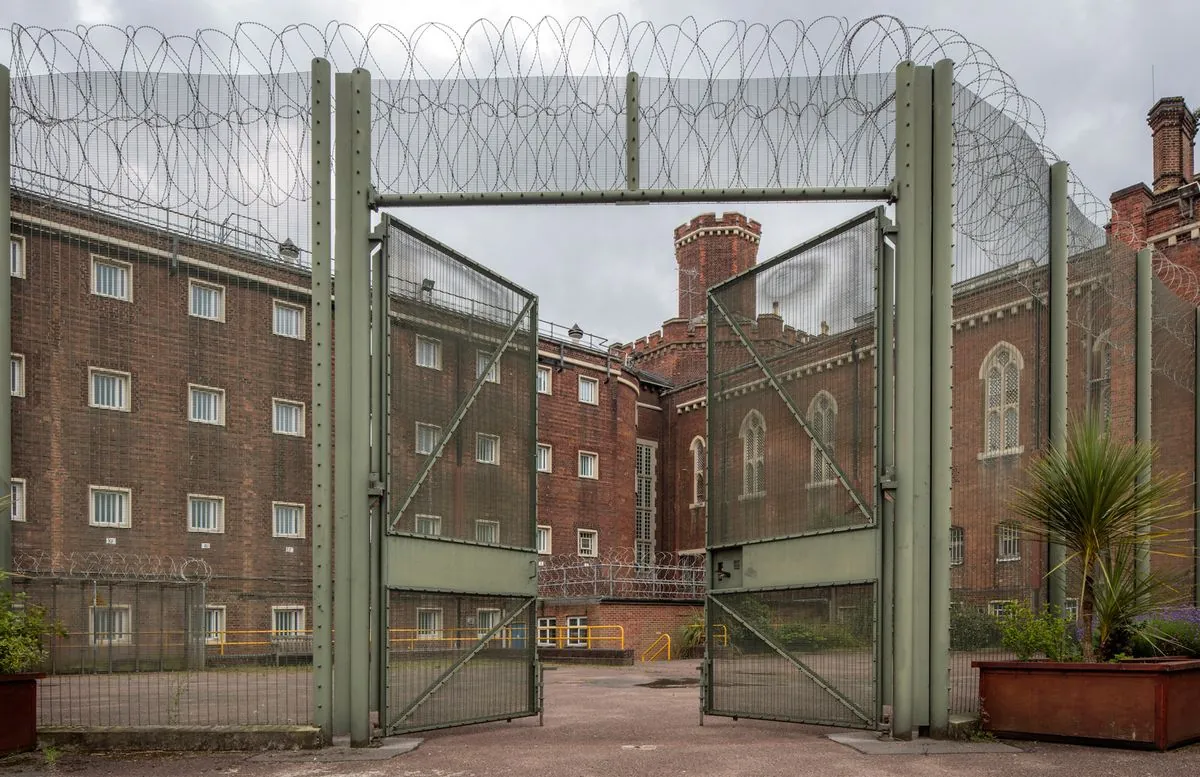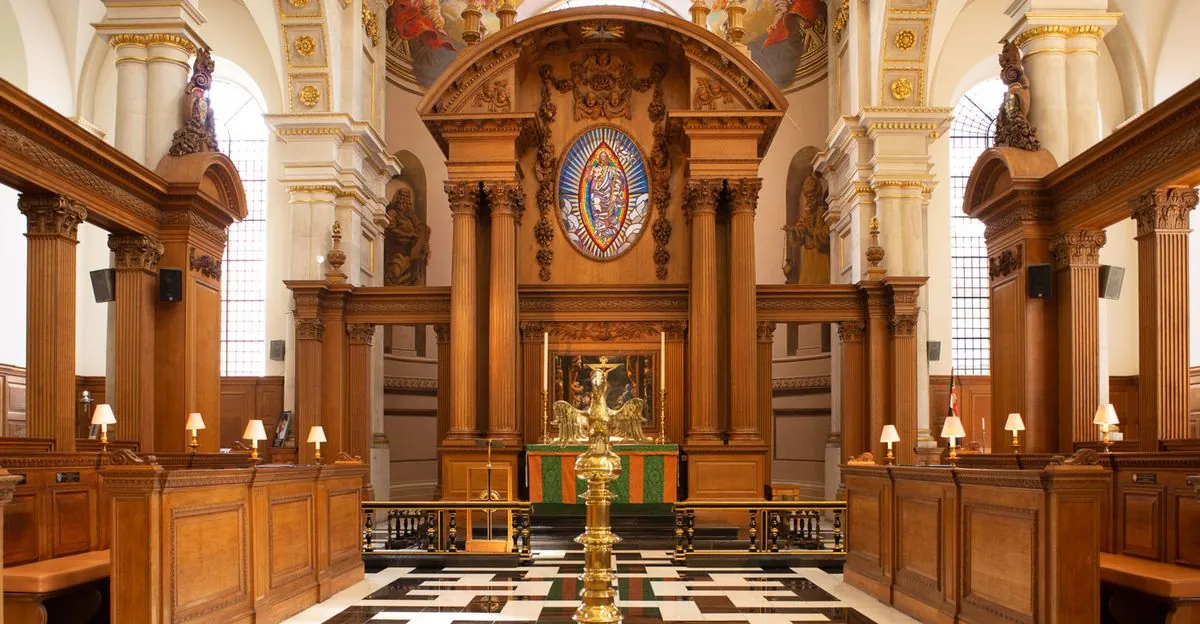Historic Reading Gaol Eyed for Police Firearms Training
Thames Valley Police propose using the former Victorian prison, once home to Oscar Wilde, as a temporary firearms training facility. The Grade II listed building awaits a decision on its future use.

In a surprising turn of events, Thames Valley Police have submitted a planning application to transform the historic Reading Gaol into a temporary firearms training facility. This Grade II listed Victorian prison, which once held the renowned playwright Oscar Wilde, has been the subject of much debate since its closure over a decade ago.
The proposal, currently under consideration by Reading borough council, outlines plans for "scenario-based training" within the prison walls. This would allow armed officers to participate in simulated "real world" missions, enhancing their preparedness for actual situations.
Reading Gaol, constructed in 1844, has a rich and complex history. It operated as a prison for 169 years before closing its doors in 2013. The facility is perhaps most famous for its association with Oscar Wilde, who was incarcerated there from 1895 to 1897 on charges of "gross indecency." During his imprisonment, Wilde penned the poignant work "De Profundis," and later immortalized the prison in his poem "The Ballad of Reading Gaol."
The prison's architecture, based on the "separate system" that emphasized isolation and silence, was groundbreaking for its time. It was one of the first prisons to feature individual cells for inmates, a design influenced by Jeremy Bentham's "panopticon" concept. This innovative approach to incarceration made Reading Gaol a model for prison reform in the 19th century.

Throughout its history, Reading Gaol served various purposes beyond housing common criminals. During World War I, it was used to intern Irish prisoners involved in the 1916 Easter Rising. Later, in World War II, it housed Canadian soldiers awaiting court-martial. The prison's last execution took place in 1913, marking the end of capital punishment at the facility.
Since its closure, numerous proposals have been put forward for the prison's future use. Ideas have ranged from creating a theatre or arts hub to developing housing. However, none of these plans have come to fruition. The current owners, who acquired the building in January 2024, have yet to submit development plans, leaving the door open for temporary use by Thames Valley Police.
The police force's application emphasizes that their proposed use would be limited to a five-year period and would not involve any physical alterations to the historic structure. Training sessions would typically occur once or twice a week, with a maximum of 14 students and six instructors present each day. The application also stresses that no live ammunition would be used on site, addressing potential safety concerns.
"The use of the site is to supplement TVP's existing training facilities at our main training site at Sulhamstead. The use of the buildings provides additional variety and opportunities to experience 'real world' scenarios for students."
While the proposal may seem unconventional, it's not the first time Reading Gaol has been repurposed for creative use. In 2016, Artangel organized an exhibition inside the prison featuring works inspired by Wilde's incarceration. The prison has also served as a film location for various productions, including "The Theory of Everything."
As the planning authority deliberates on this unique proposal, due for decision on October 23, 2024, the future of Reading Gaol hangs in the balance. Whatever the outcome, this historic building continues to captivate public interest, much like the famous "Reading Gaol Photograph" of Oscar Wilde taken in its exercise yard over a century ago.
The prison's potential transformation into a police training facility represents yet another chapter in its long and varied history. From housing some of Britain's most famous inmates to potentially training those who uphold the law, Reading Gaol remains a testament to the ever-changing nature of our societal institutions.


































